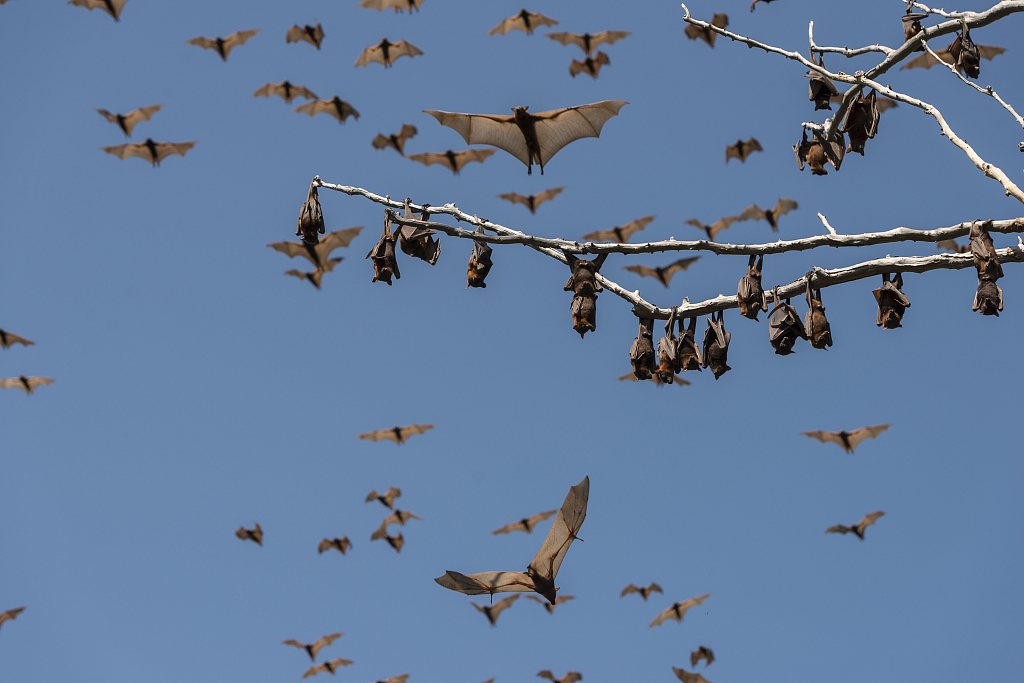A study from University of Michigan (UM) presents the first genetic evidence of resistance in some bats to white-nose syndrome, a deadly fungal disease that has decimated some North American bat populations.
The study involved tissue samples from 25 little brown bats living in northern Michigan which were killed by white-nose syndrome and nine bats that survived the disease.
The researchers collected tissue samples from wild little brown bats that survived the disease as well as individuals killed by the fungal pathogen. They compared the genetic makeup of the two groups and found differences in genes associated with regulating arousal from hibernation, the breakdown of fats and echolocation.
"Because we found differences in genes associated with regulating hibernation and breakdown of fats, it could be that bats that are genetically predisposed to be a little bit fatter or to sleep more deeply are less susceptible to the disease," said Giorgia Auteri, a doctoral student in the Department of Ecology and Evolutionary Biology at UM.
"Changes in these genes are suggestive of evolutionary adaptation, given that white-nose syndrome causes bats to arouse with unusual frequency from winter hibernation, contributing to premature depletion of fat reserves," said Auteri.

A larger follow-up study is underway, expanding both the number of bats and the areas affected by the disease, to develop a fuller picture of adaptive change that may be key to the species' survival.
Little brown bats were one of the most common bats living in eastern North America prior to the arrival of white-nose syndrome in 2006. Since then, some populations of the small, insect-eating bat have experienced declines of more than 90 percent.
The study was published Thursday in the journal Scientific Reports.
For more:
Bats: scarier than you might think
Bats may carry virus, should we kill them all?
Bats, snakes, minks, pangolins, what's next?
(All images via VCG)
(If you want to contribute and have specific expertise, please contact us at nature@cgtn.com.)
Source(s): Xinhua News Agency